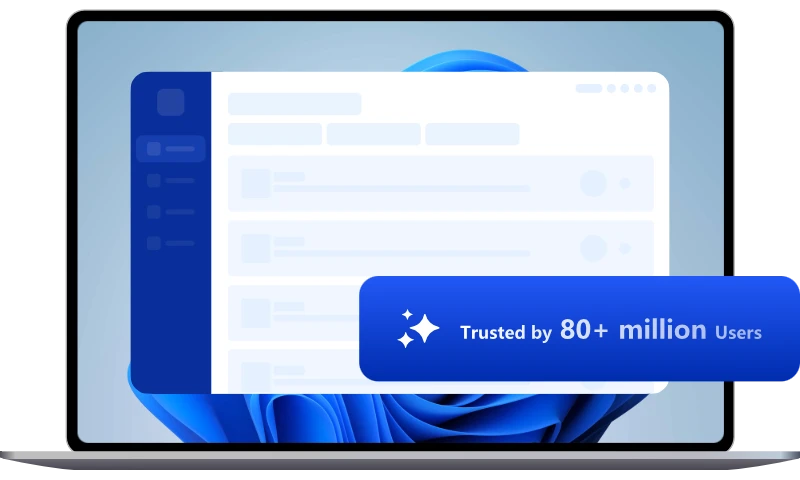2 Methods to Pause Windows 11 Update Securely
Whenever a new update is released, some users will upgrade to get new experience right away, while others may want to wait for subsequent reviews. Anyway, there are methods to delay Windows 11 updates.
Whenever a new update is released, some users will upgrade to get new experience right away, while others may be skeptical about the changes brought by new updates, and wanted to wait for subsequent reviews.
Anyway, you have all right to be cautious about update issue, and there are ways to delay Windows 11 updates for up to five weeks.
Block or pause Windows 11 updates?
If new versions aren't always perfect, why not stop receiving Windows 11 updates altogether? Indeed, there are multiple ways to stop or block Windows updates completely, but updating Windows is a crucial process to ensure you have the latest features and that your computer is protected from attacks and malware. While some updates do have vulnerabilities, Microsoft usually fixes them a few days after they are released.
Method 1. Suspend Windows updates from Settings
1. Press the shortcut keyboard Windows + I to open Settings and select Windows Update on the left pane.
If you want to pause the update for a week, click the corresponding button under "More Options".
3. If you want to pause updates for more than a week, do not click on the button. Instead, click the arrow next to it to display the list of options, and then, select the desired time period.
After the selected time period, Windows 11 will resume normal updates to stay up-to-date.
Please note that you can only suspend updates for a maximum of five weeks. After this period, you can only suspend them again after installing all pending updates.
Method 2. Use Group Policy to postpone Windows 11 updates
Postponing updates is useful, but it only works for set intervals, so for example, if you are nearing the end of a pause and a problematic update is released, you cannot use the above method to prevent it from installing.
Thankfully, users with administrator privileges can postpone each update for a period of time. This means that when Microsoft releases an update, your system will wait up to 30 days before installing it. This is useful for users who don't want to rush to update their Windows 11 as soon as possible.
Please note: By delaying updates, your computer may be deprived of security fixes, making it vulnerable to malware attacks at the intervals you set. Also, modifying the Local Group Policy Editor does not apply to Windows 11 Home Edition, only to Professional and Enterprise editions.
1. To postpone the update, you must first open the Local Group Policy Editor. This can be done by opening the Start menu and typing “gpedit”, then pressing Enter or selecting Edit Group Policy to search for results.
In the Local Group Policy Editor window, navigate to Computer Configuration > Administrative Templates > Windows Components > Windows Update > Manage updates offered from Windows Update.
On the right side of the window, select the type of update you want to delay by double-clicking one (or both) of the first two items in the list.
3. A new window will open in which you can configure the delay. First change the policy status to “Enabled”, then, set the number of days you want (up to 30 days). Finally, tap “OK” to save the changes and close the window.
If you want to revert the changes, just double-click or the policy again and change its status to “Not Configured” so that they will be installed as soon as the updates are released.

